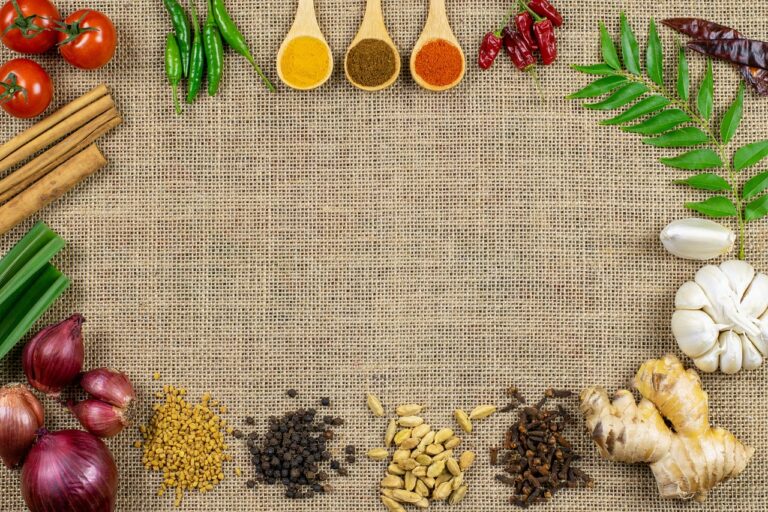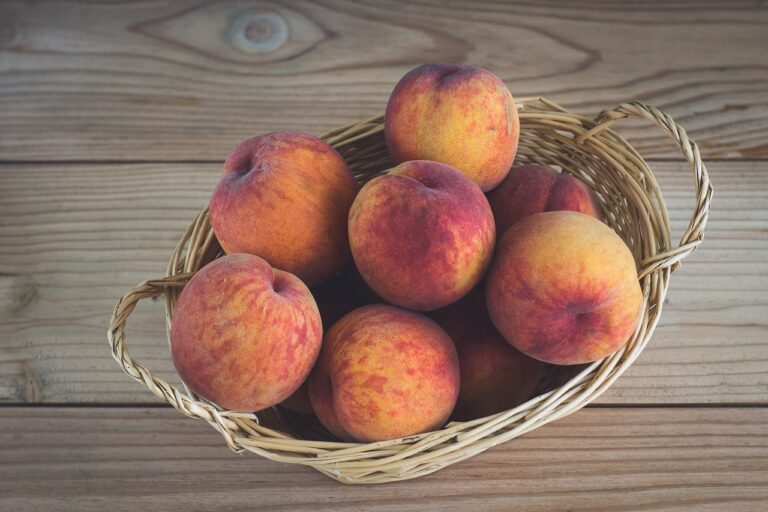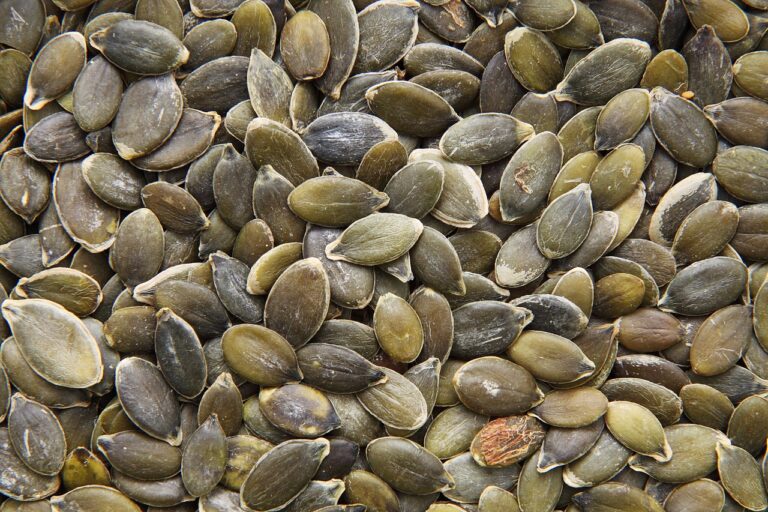Food as Medicine: How Nutrition Impacts Health and Wellness
When it comes to our health, the food we consume plays a significant role in either preventing or promoting disease. Research has shown that a diet high in processed foods, sugar, and saturated fats increases the risk of developing chronic conditions such as heart disease, diabetes, and obesity. On the other hand, a diet rich in fruits, vegetables, whole grains, and lean proteins has been linked to a lower risk of these same diseases.
Furthermore, certain dietary patterns have been associated with an increased risk of certain types of cancer. For example, consuming high amounts of red and processed meats has been linked to an increased risk of colorectal cancer. In contrast, diets that are high in fiber, antioxidants, and plant-based foods have been associated with a reduced risk of developing cancer. By making conscious choices about the foods we eat, we have the power to positively impact our overall health and reduce our risk of developing various diseases.
Understanding Macronutrients and Micronutrients
Macronutrients are essential for providing the body with energy and maintaining proper functioning. There are three main types of macronutrients: carbohydrates, proteins, and fats. Carbohydrates are the body’s main source of energy, while proteins are crucial for building and repairing tissues. Fats play a key role in hormone production and absorbing fat-soluble vitamins.
On the other hand, micronutrients are vital for various physiological functions, even though they are only needed in small amounts. Micronutrients include vitamins and minerals that support immune function, help with energy production, and ensure proper growth and development. Some common micronutrients include vitamin C, iron, and calcium. An adequate intake of both macronutrients and micronutrients is crucial for overall health and well-being.
The Role of Antioxidants in Preventing Illness
Antioxidants play a crucial role in preventing illness by neutralizing harmful free radicals in the body. Free radicals are unstable molecules that can cause damage to cells and contribute to various diseases. Antioxidants work by donating an electron to stabilize these free radicals, therefore reducing their potential for harming the body.
Consuming a diet rich in antioxidants from a variety of sources such as fruits, vegetables, nuts, and seeds can help protect against oxidative stress and inflammation. Some well-known antioxidants include vitamin C, vitamin E, beta-carotene, and selenium. By incorporating these nutrient-dense foods into your daily meals, you can enhance your body’s defense mechanisms and reduce the risk of developing chronic illnesses.
• Antioxidants neutralize harmful free radicals in the body
• Free radicals can cause damage to cells and contribute to diseases
• Antioxidants donate electrons to stabilize free radicals
• Consuming a diet rich in antioxidants from fruits, vegetables, nuts, and seeds can protect against oxidative stress and inflammation
• Well-known antioxidants include vitamin C, vitamin E, beta-carotene, and selenium
• Incorporating nutrient-dense foods into daily meals enhances the body’s defense mechanisms
What is the connection between diet and disease?
Diet plays a crucial role in preventing or causing disease. A balanced and nutritious diet can help boost the immune system and reduce the risk of developing various illnesses.
What are macronutrients and micronutrients?
Macronutrients are nutrients that provide energy in the form of calories, such as carbohydrates, proteins, and fats. Micronutrients are nutrients that are required in smaller quantities, such as vitamins and minerals.
How do antioxidants help prevent illness?
Antioxidants are compounds that help neutralize free radicals in the body, which are harmful molecules that can damage cells and contribute to the development of diseases. By consuming foods rich in antioxidants, such as fruits and vegetables, you can help protect your cells from damage and reduce the risk of illness.
What are some good sources of antioxidants?
Some good sources of antioxidants include berries, dark leafy greens, nuts, seeds, and colorful fruits and vegetables. It’s important to eat a varied diet to ensure you’re getting a wide range of antioxidants to support your overall health.







